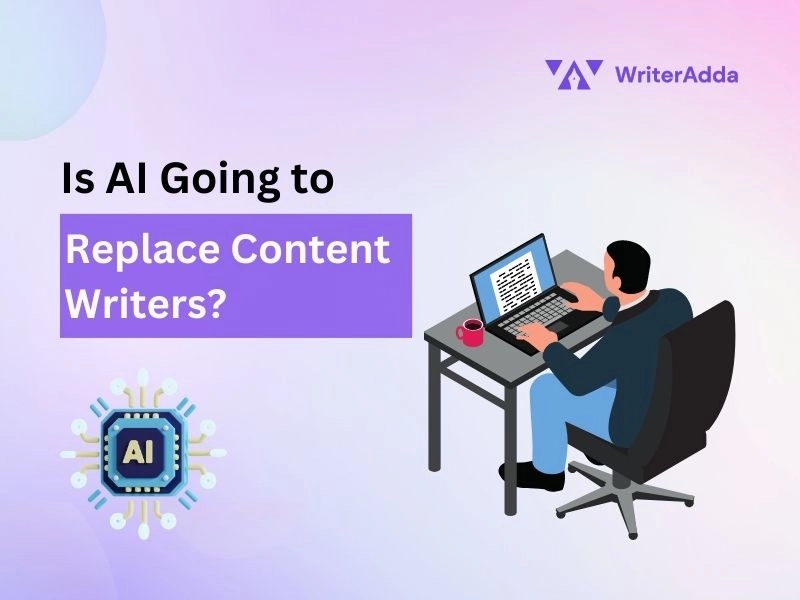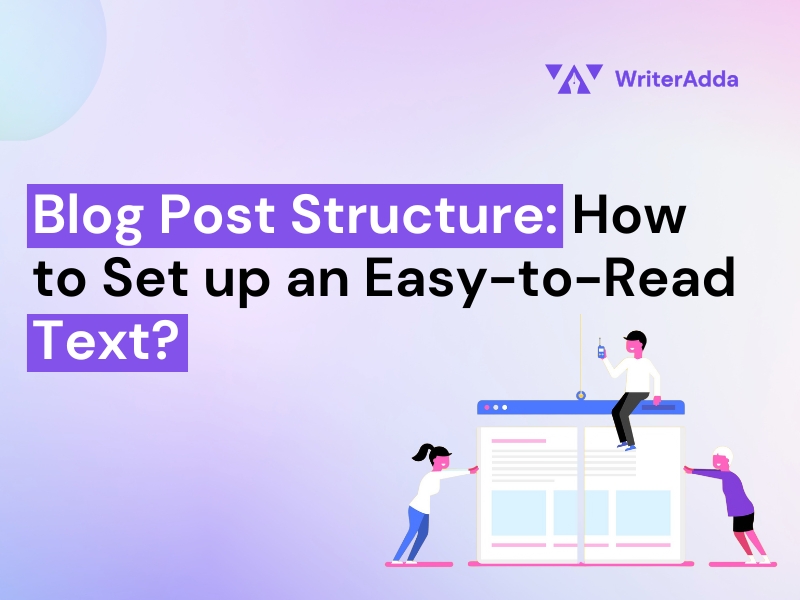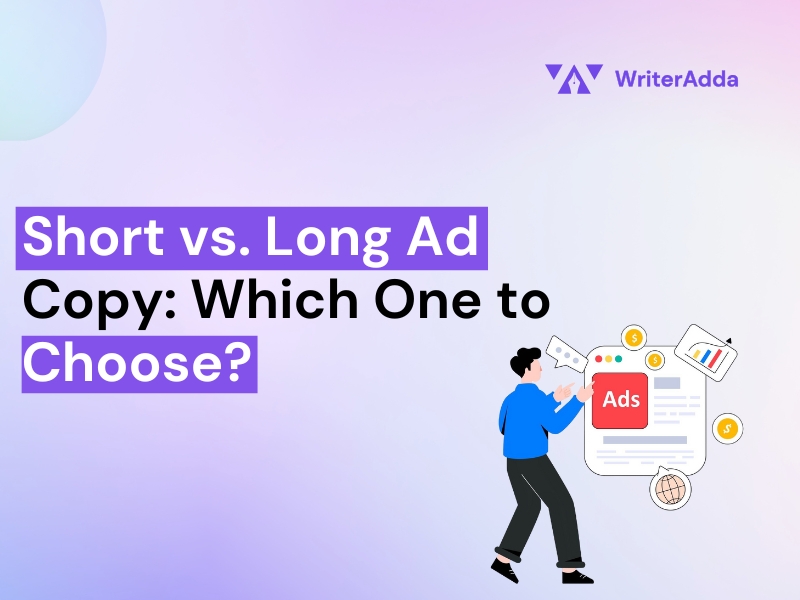The rise of artificial intelligence (AI) has raised questions about its potential to replace content writers. AI-powered content generation has made significant advancements, allowing machines to analyze data, learn patterns, and produce a coherent text. AI offers advantages such as speed, efficiency, and the ability to access large amounts of information. Additionally, AI has limitations in adapting to real-time changes and lacks critical thinking abilities. Instead of a complete replacement, a more likely scenario is a collaboration between AI and content writers, where AI assists with research and optimization while human writers bring creativity and personalization to the table.
In this article, we aim to explore the different aspects of this topic, including the capabilities and limitations of AI-powered content generation, the advantages and disadvantages of AI in content creation, and the potential for AI and content writers to work together. By delving into these topics, the article seeks to answer the question of whether AI will replace content writers or whether a collaborative approach is the future of content writing.
Understanding AI-Powered Content Generation
 AI-powered content generation refers to the ability of artificial intelligence systems, particularly natural language processing (NLP) models, to analyze extensive data sets, learn patterns, and generate coherent and contextually appropriate text. These models are trained to understand language and can produce blog posts, articles, product descriptions, and even creative writing. The advantage of AI in content creation lies in its ability to generate content at a faster rate and access large volumes of information. However, AI-generated content may lack the human touch, creativity, and nuanced understanding that human writers bring to the table.
AI-powered content generation refers to the ability of artificial intelligence systems, particularly natural language processing (NLP) models, to analyze extensive data sets, learn patterns, and generate coherent and contextually appropriate text. These models are trained to understand language and can produce blog posts, articles, product descriptions, and even creative writing. The advantage of AI in content creation lies in its ability to generate content at a faster rate and access large volumes of information. However, AI-generated content may lack the human touch, creativity, and nuanced understanding that human writers bring to the table.
To evaluate the possibility of AI replacing content writers, it is crucial to understand the capabilities of AI-powered content generation.
AI Advantages in Content Creation
 Artificial Intelligence (AI) has revolutionized various industries, among which content generation has witnessed astounding changes. AI-powered content generation offers numerous advantages that have transformed the way we produce written materials. In this article, we will explore the specific advantages that AI brings to content creation:
Artificial Intelligence (AI) has revolutionized various industries, among which content generation has witnessed astounding changes. AI-powered content generation offers numerous advantages that have transformed the way we produce written materials. In this article, we will explore the specific advantages that AI brings to content creation:
I. Speed and Efficiency
One primary advantage of AI content creation is the unbelievable speed it generates content with. AI-powered systems can produce vast amounts of text in stupendously less amount of time than it would take a human writer. This efficiency is especially valuable for tasks that require high-volume content production, such as e-commerce platforms or news agencies. AI allows for quick turnaround times and enables businesses to meet tight deadlines.
II. Access to Vast Amounts of Data
Artificial Intelligence (AI) can analyze and interpret large amounts of data. This enables AI systems to access extensive databases, research materials, and online sources to gather relevant information quickly. By leveraging this vast amount of data, AI can generate content that is well-informed, accurate, and up-to-date. This advantage is particularly valuable in industries that require constantly evolving knowledge, such as technology, finance, or healthcare.
III. Consistency and Unbiased Content
Human writers are prone to biases, fatigue, and inconsistencies in their writing. In contrast, AI-powered content generation provides consistency and eliminates subjective biases. AI systems follow predefined rules and guidelines, ensuring uniformity across different pieces of content. This reliability is crucial for organizations that require standardized content, such as legal or technical documents. Additionally, AI-generated content can help eliminate unintentional biases, creating a fair and inclusive representation of information.
IV. Language Optimization and SEO
By analyzing keyword trends, user behavior, and search algorithms, AI can suggest relevant keywords, improve the content structure, and enhance readability. This capability allows content creators to tailor their writing to rank higher in search engine results, increasing visibility and driving organic traffic to websites. AI also assists in identifying gaps in content and optimizing it for better user engagement.
V. Translation and Localization
AI-powered translation and localization tools have made significant strides in overcoming language barriers. These tools can automatically translate content into multiple languages while preserving the original intent and context. This advancement facilitates global reach and audience expansion, enabling businesses to communicate with diverse markets more effectively. AI’s ability to localize content, considering cultural nuances and regional preferences, ensures a more personalized and engaging experience for users worldwide.
The Limitations of AI in Content Writing
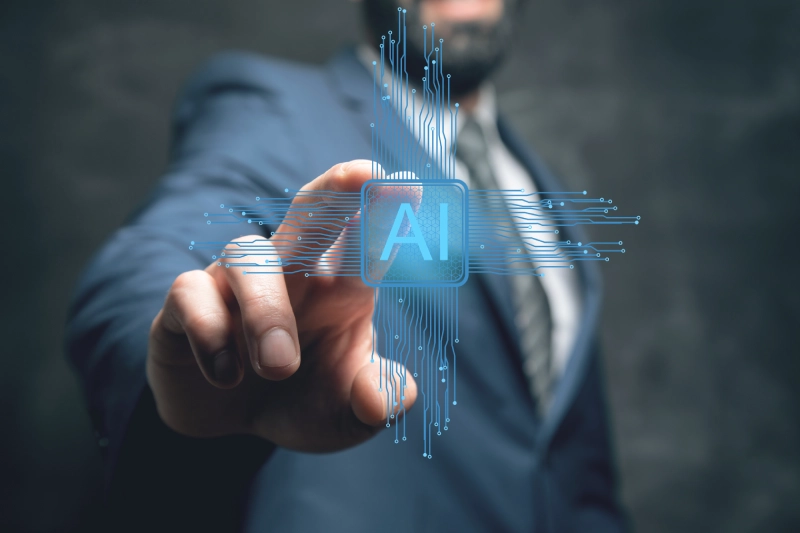 While AI has its advantages, it also has limitations that prevent it from entirely replacing content writers. AI-generated content often lacks the human touch, creativity, and emotional intelligence that make human-written content engaging and relatable. After discussing the advantages, let us now have a look at the limitations.
While AI has its advantages, it also has limitations that prevent it from entirely replacing content writers. AI-generated content often lacks the human touch, creativity, and emotional intelligence that make human-written content engaging and relatable. After discussing the advantages, let us now have a look at the limitations.
I. Lack of Creativity and Emotional Intelligence
The inability to match the creativity and emotional intelligence of human writers is one of the major drawbacks of AI. AI-generated content often lacks the unique perspectives, personal experiences, and storytelling abilities that humans bring to their work. Writing that connects with readers on an emotional level requires a level of empathy and understanding that AI currently lacks.
II. Difficulty in Nuanced and Contextually Appropriate Content
AI struggles with generating nuanced and contextually appropriate content. While AI models can analyze patterns and produce coherent text, they often lack the depth of understanding necessary to capture subtle nuances or adapt the tone and style to different contexts. This limitation can result in inaccuracies or a lack of sensitivity when addressing complex or sensitive topics.
III. Limited Adaptability and Real-Time Updates
AI relies on pre-existing data and patterns, making it less adaptable to real-time changes or evolving trends. Human writers have the ability to stay up to date with the latest developments, adapt their writing to reflect current events and respond to emerging trends. AI-generated content may lack the ability to provide insightful analysis or respond effectively to sudden changes in a particular field.
IV. Absence of Critical Thinking Abilities
Critical thinking is a fundamental skill that human writers possess, allowing them to analyze information, evaluate arguments, and present original ideas. AI, on the other hand, lacks the capacity of having its own thoughts and their analysis. While it can generate content based on existing information, it struggles to provide deep insights, thoughtful analysis, or compelling arguments that are characteristic of human-written content.
V. Limitations in Creative and Complex Writing Styles
AI systems often struggle with creative and complex writing styles that require poetic language, wordplay, or intricate literary devices. These forms of expression require a deep understanding of language nuances, cultural references, and creativity that AI models have difficulty replicating. Human writers excel in crafting engaging prose, employing rhetorical devices, and creating content that captivates readers through their unique writing styles.
The Synergy between AI and Content Writers
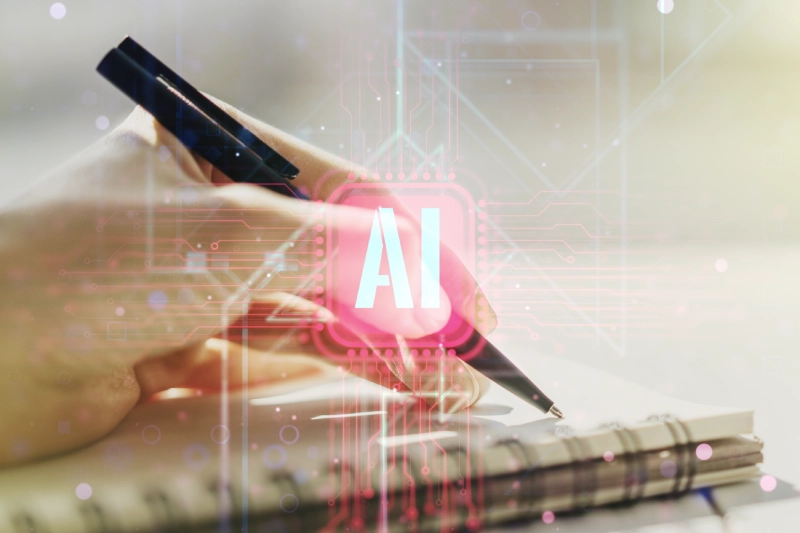 After comparing the advantages and limitations, you must understand how AI can be a boon for content writers. Rather than being adversaries, AI, and content writers can work together to enhance content creation. AI can assist human writers in various ways, including generating topic ideas, offering relevant research materials, or providing suggestions for sentence structures or word choices. This collaborative approach allows writers to focus on higher-order tasks, such as ideation, creativity, and developing unique perspectives. Let’s get into the details of ways in which AI and content writers can collaborate.
After comparing the advantages and limitations, you must understand how AI can be a boon for content writers. Rather than being adversaries, AI, and content writers can work together to enhance content creation. AI can assist human writers in various ways, including generating topic ideas, offering relevant research materials, or providing suggestions for sentence structures or word choices. This collaborative approach allows writers to focus on higher-order tasks, such as ideation, creativity, and developing unique perspectives. Let’s get into the details of ways in which AI and content writers can collaborate.
I. Idea Generation and Research Assistance
AI can assist content writers by generating topic ideas and providing valuable insights. Through analysis of relevant data, AI systems can recognize trending topics, relevant keywords, and popular content formats. This information can help content writers brainstorm ideas and explore new angles. Additionally, AI-powered tools can help with research by quickly gathering and organizing information from diverse sources, saving time for writers and ensuring that their work is well-informed.
II. Content Optimization and Editing
AI can support content writers in optimizing their work by analyzing the structure, readability, and SEO aspects of content. They can suggest improvements, such as rearranging paragraphs, refining sentence structure, or recommending relevant keywords to enhance search engine visibility. AI can also assist in detecting grammatical errors, spelling mistakes, and inconsistencies, thereby improving the overall quality of the content. Content writers can leverage these AI capabilities to streamline their editing process and ensure that their work meets the highest standards.
III. Personalization and Audience Engagement
Human writers possess a unique ability to connect with readers on an emotional level, understand their needs, and create personalized content experiences. AI can aid in this endeavor by analyzing user data, preferences, and behavioral patterns. By leveraging AI-generated insights, content writers can craft content that strikes a chord with their target audience, offering more personalized and engaging experiences. AI-powered tools can suggest content adaptations, recommend relevant examples or anecdotes, and guide writers in understanding their audience better.
IV. Content Curation and Distribution
AI can play a crucial role in content curation and distribution. AI algorithms can analyze user preferences, content consumption patterns, and social media trends to identify the most relevant and engaging content for specific audiences. Content writers can collaborate with AI to curate customized content recommendations, ensuring that readers receive the most valuable and tailored content. Furthermore, AI can automate content distribution by scheduling posts, optimizing social media strategies, and identifying the most suitable channels for reaching target audiences.
The Future of Content Writing with AI
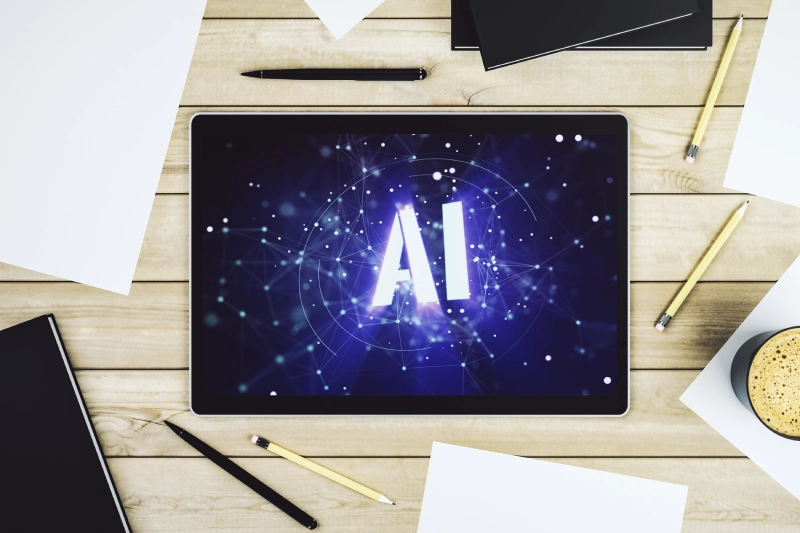 AI will likely continue to evolve and play an increasing role in content writing, but a complete replacement of human writers seems unlikely. The future of content writing lies in a harmonious collaboration between AI and human writers. AI will continue to evolve and play an increasing role in content creation, offering valuable assistance in research, content optimization, and personalization. As AI algorithms become more sophisticated, they will better understand context, improve language generation, and enhance the overall quality of AI-generated content.
AI will likely continue to evolve and play an increasing role in content writing, but a complete replacement of human writers seems unlikely. The future of content writing lies in a harmonious collaboration between AI and human writers. AI will continue to evolve and play an increasing role in content creation, offering valuable assistance in research, content optimization, and personalization. As AI algorithms become more sophisticated, they will better understand context, improve language generation, and enhance the overall quality of AI-generated content.
However, the complete replacement of human writers seems unlikely. Human writers possess the ability to infuse content with creativity, emotional intelligence, critical thinking, and unique perspectives that resonate with readers. They excel in delivering a human touch, storytelling, and adapting to dynamic situations. By embracing the synergy between AI and human creativity, the field of content writing can thrive, offering a blend of automation and human expertise that ensures content remains compelling, relatable, and impactful. With AI as a valuable tool, content writers can focus on higher-order tasks, such as ideation, strategy development, and the cultivation of unique perspectives, enabling them to push the boundaries of content creation and deliver exceptional results.
Conclusion
The debate surrounding the replacement of content writers by AI is multifaceted. While AI has made significant strides in generating coherent and contextually appropriate content, it still falls short in capturing the creativity and emotional intelligence that human writers bring. The future of content writing lies in a harmonious collaboration between AI and human writers, where AI augments and supports the creative process.
As AI continues to advance, it will become an indispensable tool for content writers, providing them with valuable assistance in research, idea generation, and content optimization. Human writers will remain essential in adding the unique qualities that make the content relatable, engaging, and thought-provoking. By embracing the synergy between AI and human creativity, the field of content writing can thrive, offering a blend of automation and human touch that cat
